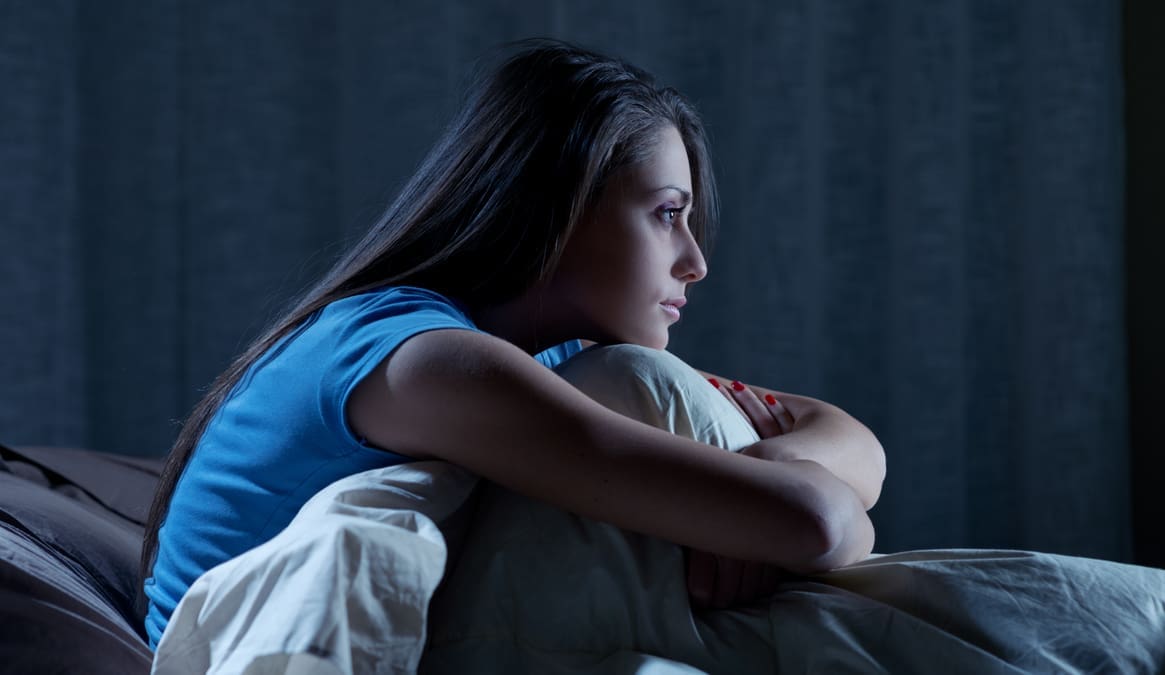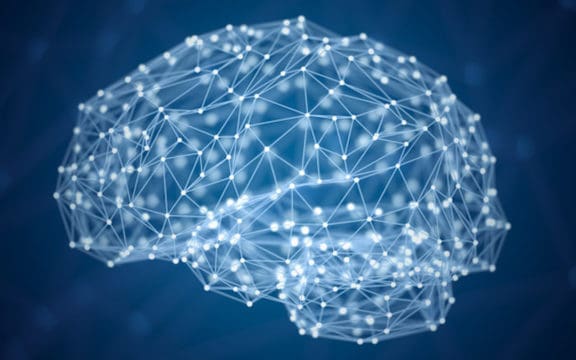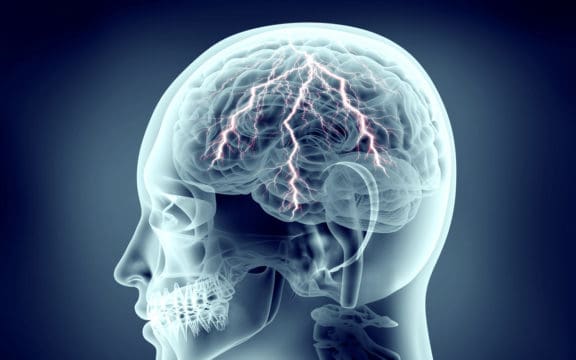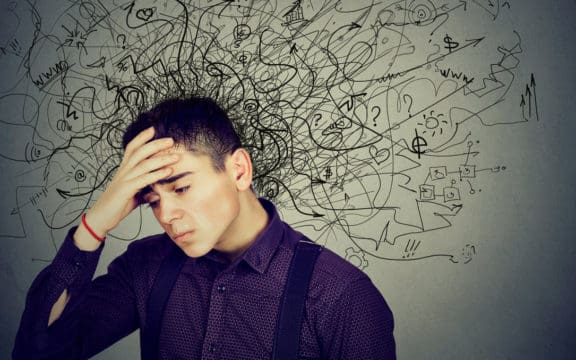After a terrible day, it’s common to lie awake at night dealing with your thoughts and feelings. However, if you find you’re having trouble falling or staying asleep on a regular basis, it could be a sign of a more serious underlying condition. For the over 20 million people in the U.S. with depression and anxiety, insomnia is often a debilitating symptom. Insomnia can also be a causative factor of depression and anxiety. All of these elements are linked, so understanding the connection between sleep, anxiety, and depression is vital.
Symptoms of Sleep Deprivation and Depression
Sleep deprivation weakens the functioning of the prefrontal cortex (the part of the brain responsible for reasoning) and hinders its ability to manage emotions. When the brain is tired, it has difficulty concentrating and even regulating growth. When deprived of sleep, the impact on both your emotional and cognitive brain functioning results in excessive negative thinking, difficulty coping, and poor impulse control, often leading to depression and anxiety.
According to Sleep.org, “while depression can affect anyone, it’s more common in women and older adults, which could explain why there are higher rates of insomnia in these two groups. And sleep problems brought on by a negative mood can develop even during childhood. Among adolescents who report being unhappy, 73 percent do not get proper sleep at night.”
The following are common symptoms of sleep deprivation:
- Fatigue
- Excessive yawning
- Depression
- Irritability
- Forgetfulness
- Difficulty learning new things
- Lack of motivation
- Decreased sex drive
If sleep deprivation is a major cause of your anxiety and depression, getting on a regular sleep cycle and getting sufficient sleep (7-8 hours a night is usually recommended) can help.
With depression, you experience at least two weeks of depressed mood and/or a loss of interest in most activities and have many of the following:
- Insomnia
- Appetite changes and significant changes in weight
- Fatigue or loss of energy
- Feelings of hopelessness
- Feelings of worthlessness
- Recurring thoughts of suicide
- Weakened ability to concentrate or make decisions
According to Psycom.net, “the emotional symptoms that accompany depression are far more significant than moodiness or depressed mood. Thoughts of suicide, feelings of helplessness or worthlessness, and excessive feelings of guilt can make it difficult to get out of bed, get to work or school, and socialize with others.”
Living with depression and insomnia is challenging, but there are effective treatments for both. If you suspect that you have depression, or that your sleep deprivation is causing you to have anxiety and/or depression, your doctor can work with you to develop a plan to treat these conditions.
Depression or Insomnia: Which Came First?
Depression is known to often include insomnia. However, sleep deprivation can trigger depression, making it difficult to determine which condition came first. The National Sleep Foundation reports that “people with insomnia have an increased risk of developing depression, while depression is known to cause insomnia. Despite the high level of correlation between the two experiences, specialists often face a struggle determining which condition came first when evaluating people with insomnia and depression.” A lack of sleep can produce a poor quality of life which leads to an imbalance causing depression. So does depression lead to insomnia, or is it the other way around?
While it can be difficult to pinpoint which triggered the other, working on one area at a time can lead to recovery. The first step that needs to be taken to overcome depression and insomnia–no matter which one is the triggering factor–is to improve sleep, often through medical treatment.
Circadian Rhythms and Good Sleep Habits
Circadian rhythms are mental, physical, and behavioral changes in our body that follow a daily cycle. With these rhythms, our body primarily responds to light and darkness in our environment. Light greatly affects our circadian rhythm. For instance, bright light in the evening can delay our rhythm and the onset of sleep. People that suffer from depression may have their circadian rhythm off balance. Not getting enough light in the morning and throughout the day, or staying up late at night, can cause disruptions to our circadian rhythm, which in turn can cause insomnia and depression.
To help balance your circadian rhythm and alleviate depression, here are some ways to improve your sleep:
- Avoid caffeine, alcohol, and other chemicals that can disrupt your sleep.
- Create a soothing bedtime ritual.
- Use your bedroom only for sleep.
- Don’t watch the clock if you can’t sleep. Read a book or do a low-key activity until you’re tired.
- Dim your lights in the evening.
- Keep a regular sleep schedule.
- Exercise regularly and avoid vigorous exercise in the evenings.
- Do not use electronic devices like your phone while in bed.
If following these strategies does not adequately help your insomnia, visiting a doctor should be your next step. While some medications can help, others can have a negative impact on sleep, so talk with your doctor about the medications you are taking and what medications might be prescribed to help.
TMS and Depression
While medications are often helpful, they can also be harmful and therefore alternative methods of treating mood disorders are becoming more common. According to ScienceDirect.com, “mood disorders are associated with dysregulation of many physiologic systems involved in the onset and sleep maintenance. Using antidepressant drugs enhances the negative effect on sleep in many cases. Pharmacological therapy is effective in controlling some depressive symptoms; however, they conflict the sleep processes integration and become ultimately a factor of bad sleep.” Transcranial Magnetic Stimulation (TMS) is a non-invasive, safe and effective treatment for depression. One of the symptoms of depression it can help is insomnia. In a future blog post, I will be focusing on the impact of TMS on sleep.
Getting sufficient, good quality sleep is important for everyone, especially those suffering from depression. Patients can use TMS for help for both depression and insomnia. Contact us at Mid City TMS for questions regarding sleep patterns and its relation to depression and anxiety so we can work together to help you get back to a healthier and more active you.
















